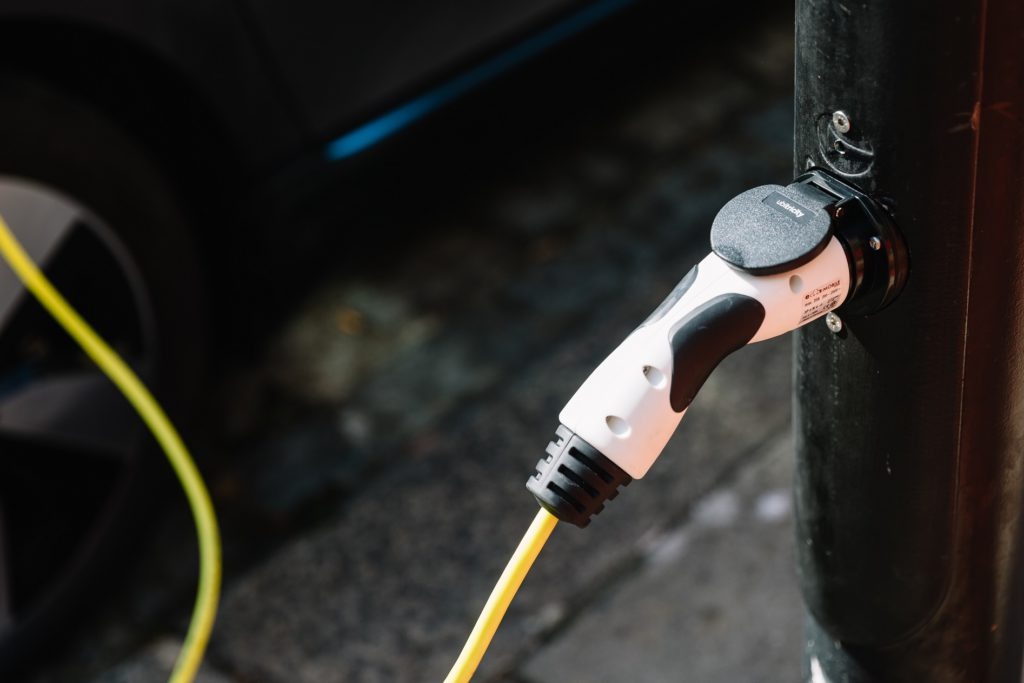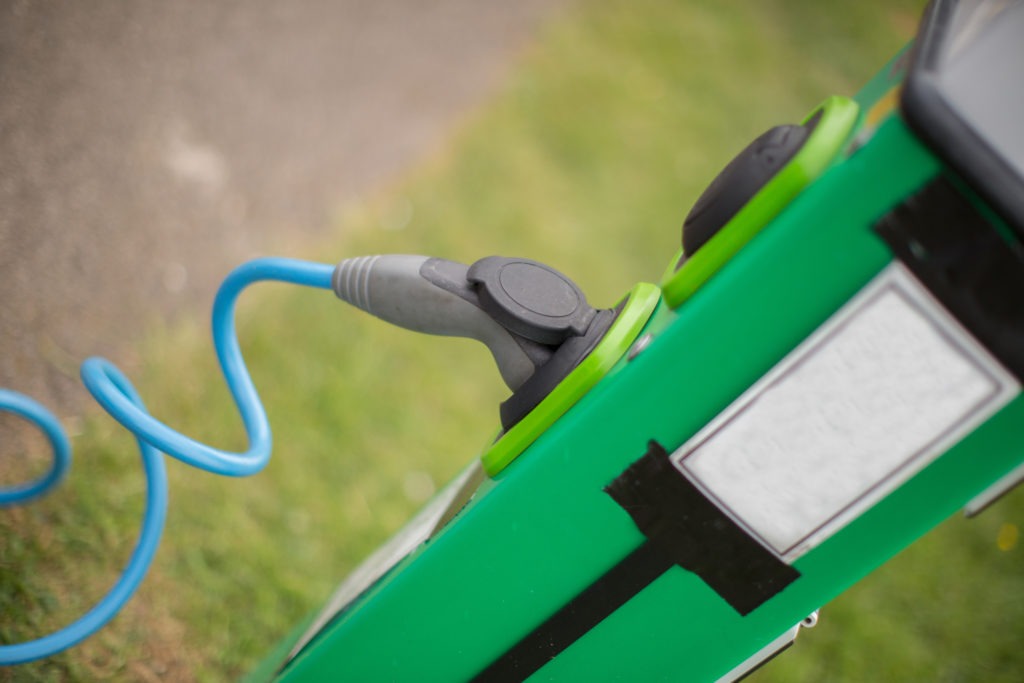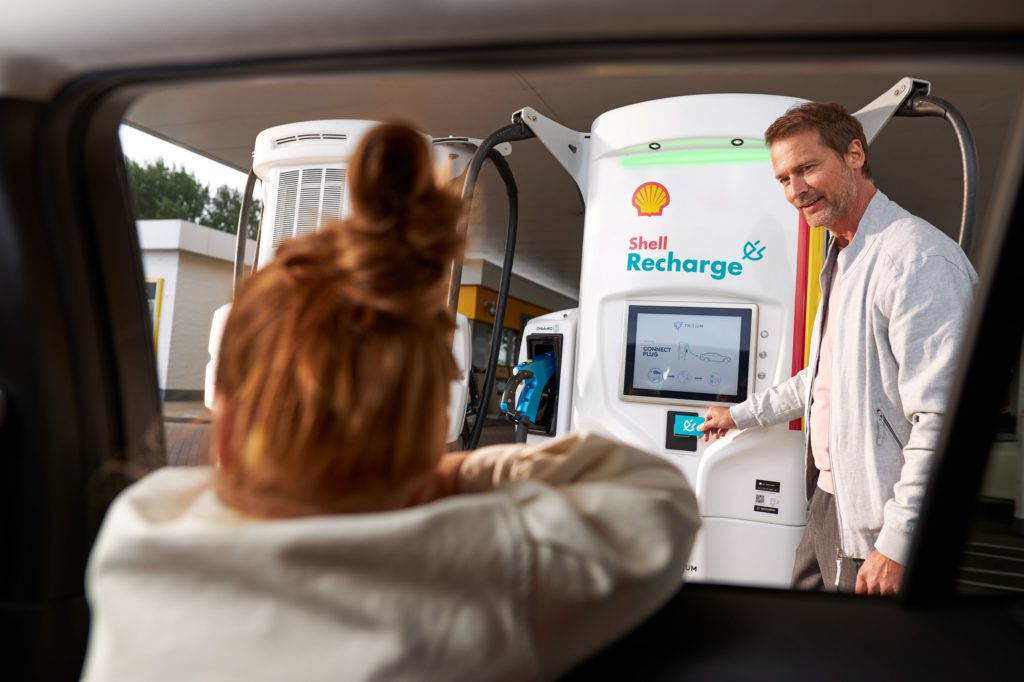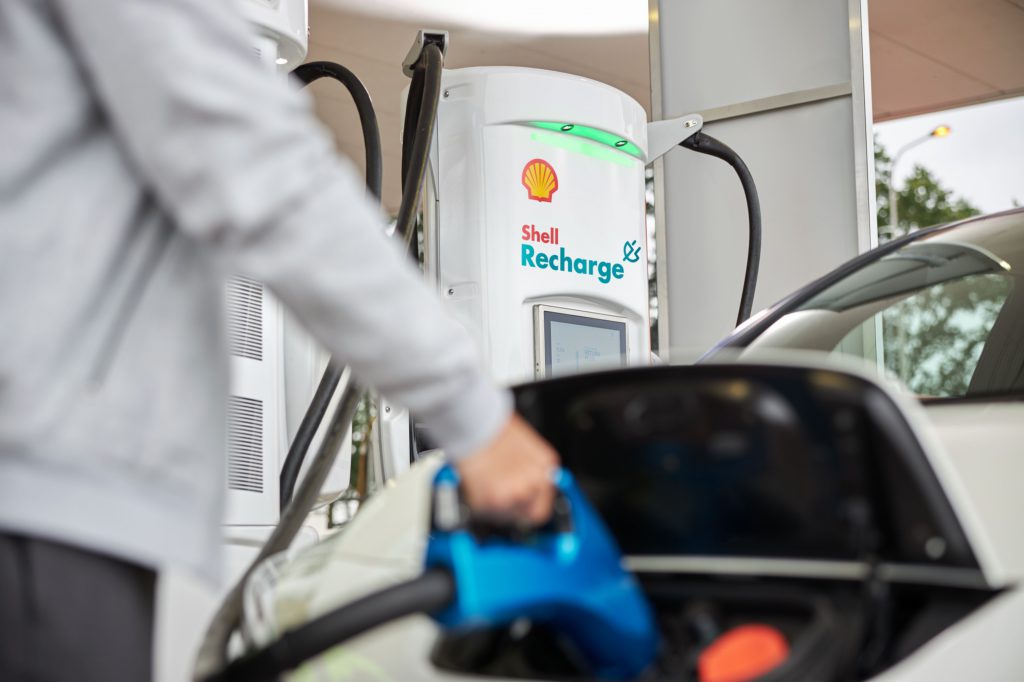Shell targets 50,000 on-street charge points in UK by end of 2025
01 September 2021

Shell aims to install 50,000 on-street charging points for electrically-chargeable vehicles (EVs) across the UK by the end of 2025.
In conjunction with ubitricity, which Shell acquired early in 2021, the plan is ‘part of a wider effort to bring more EV-charging availability to the millions of UK drivers without private parking and help local authorities get their charging networks up-and-running as quickly as possible,’ the company states.
Based in Berlin, Germany, ubitricity provides on-street charging solutions for EV owners across Europe. Around 3,600 ubitricity chargers are already in place in the UK, using existing street infrastructure such as lamp posts and bollards. The business is an approved supplier to local authorities and is the UK’s largest infrastructure provider, with a 14% market share, according to data from EV-mapping provider Zap-Map.
To achieve the target of 50,000 UK charging points, Shell ‘will support local authorities with a financing offer to install more ubitricity on-street chargers in towns and cities across the UK at potentially zero cost.’
Covering the costs
The UK government’s Office for Zero-Emission Vehicles (OZEV) currently meets 75% of the cost of installing on-street chargers through the On-Street Residential Charging Scheme (ORCS). Shell is prepared to cover the remaining costs for local authorities looking to install ubitricity charge posts, subject to commercial terms.
‘It is vital to speed up the pace of EV-charger installation across the UK, and this aim and financing offer is designed to help achieve that,’ said David Bunch, Shell’s UK country chair. ‘Whether at home, at work or on-the-go, we want to give drivers across the UK accessible EV-charging options so that more drivers can switch to electric.’
More than 60% of households in English cities and urban areas do not have off-street parking, and this rises to 68% for people living in social housing, according to a recent study published by the National Audit Office.
‘Together with industry and local authorities, we can create cleaner, greener local communities – providing EV charge points for people without off-street parking across the country,’ said UK transport minister Rachel Maclean.
‘As more and more people make the switch to electric, this is a great example of how private investment is being used alongside government support to ensure that our EV infrastructure is fit for the future. This is crucial as we build back greener and accelerate towards COP26,’ Maclean added.
Third of UK target
The UK Committee for Climate Change (CCC) recently recommended that the country needs to have 150,000 public charging points in operation by 2025. The announcement by Shell accounts for a third of that total and is in addition to the roll-out of Shell-owned charge points at forecourts, supermarkets, businesses, and homes, to provide the UK’s EV drivers with the full range of charging options.
Globally, the company intends to expand its EV-charging network from more than 60,000 charge points today to around half a million by 2025. This would support the target of selling 560 terawatt-hours a year by 2030, which is twice as much electricity as Shell sells currently. It expects to serve more than 15 million retail and business customers worldwide and aims to be a leading provider of clean ′Power-as-a-Service.’
This is part of Shell’s broader ambition to transform into a net-zero emissions energy provider by 2050, in step with society’s progress in achieving the goal of the UN Paris Agreement on climate change. BP also has a plan to be net-zero by 2050.


